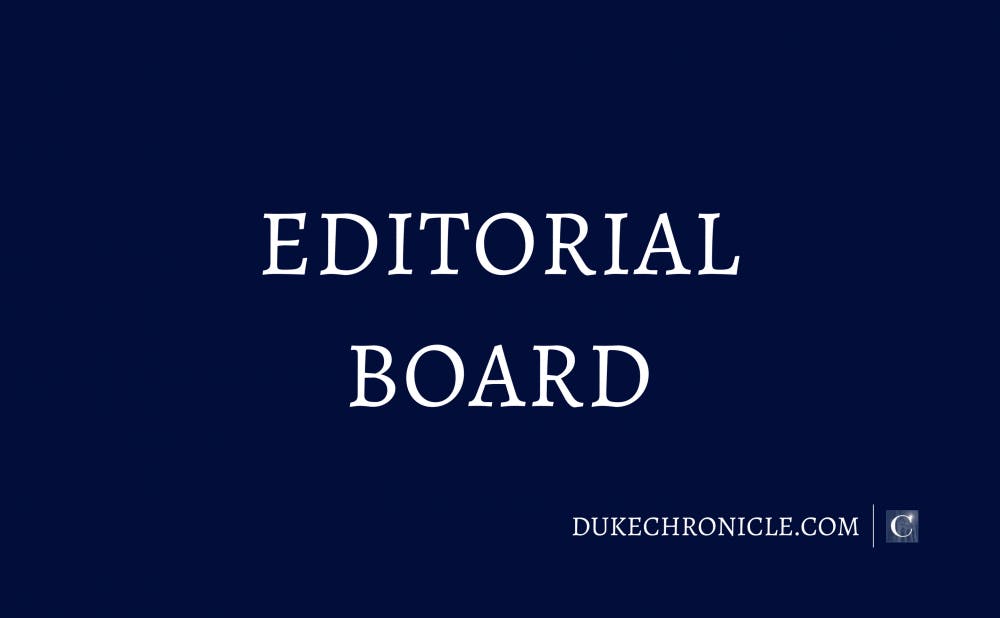Even for ardent politicos, it is becoming increasingly difficult to keep up with the number of Democrats entering the 2020 primary. From the obscure to old blue heavyweights, each politician in the super field of candidates is seeking to gain attention on the national stage, and to convince voting Americans that they are best suited to lead the country in what is to be one of the most consequential elections of the 21st century. Yet, even with the litany of Democratic choices, many are already hostage to the #VoteBlue mindset, prepared to support mediocre candidates on account of “winnability” over Trump.
The current slate of Democratic candidates stands at sixteen with many more expected to announce in the near future. To name a few, Senators Bernie Sanders, Kamala Harris, Elizabeth Warren and Cory Booker have all been considered consensus contenders since the aftermath of the 2016 election. Moreover, political outsiders who have gained recent notoriety, like Beto O’Rourke, Andrew Yang and Pete Buttigieg, are also throwing their name into the circus.
Democrats are facing several problems in forging an articulable, unified approach to “beating” the ideals of Trumpism on the long road to 2020. Cory Booker is preaching about “universal love” at a time of increasing partisan polarization, while Elizabeth Warren is pitching herself as a nerdy Harvard policy wonk. Meanwhile, more moderate candidates like O’Rourke and Biden are courting America as amiable, unthreatening white men, willing to crack open a Pabst Blue with the boys after a long day of campaigning. Undoubtedly, despite the candidates’ attempts to stand out, all will have to grapple with a key issue of the 2016 election and the basis of Trump’s ideology: the myth of the declining white, working class male. This myth is part of Trump’s larger dog-whistle politics that seeks to bolster white solidarity and prejudice in the American political scene. Clearly, trafficking in white identity politics is effective; after all, white voters disproportionately cast their ballots for Trump in the 2016 election, partly as a result of his pandering to the far-right.
While progressive stalwarts have monopolized the 2020 scene, more “moderate” Democrats remain the frontrunners. Joe Biden, who has not even announced his candidacy, has consistently lead in the polls. Senator Amy Klobuchar, once a little known senator who would occasionally make the rounds on Sunday night talk shows, has been praised by the media for her Midwestern cool and “Minnesota nice.” However, Klobuchar’s campaign has recently been bogged by claims of alleged binder throwing and chronic abuse to her overworked political staff. While Biden and Klobuchar have both gotten the “likable” media treatment, their success shows a general shift towards the political center for many Democratic primary voters, and a pandering towards a mythical white demographic from the clutches of a Trumpified GOP.
A lack of authenticity, both in character and in platforms, also remains an issue for many candidates in the race. The political circus of the Kavanaugh hearings in which Cory Booker had his “Spartacus moment” seemed like a performative career stunt at best. Doing her best to appeal to a younger, millennial demographic, Kamala Harris boasted of smoking weed in college and listening to Snoop Dogg on national radio, despite having graduated college well before Snoop Dogg's first album debut. Moreover, the lack of clear, unique platforms is troubling. Instead, in competing for airtime and headlines, fiery rhetoric about Trump, his GOP sidekicks and their failures are often employed in place of substantive conversations on policy. Kirtsen Gillibrand, for example, launched her campaign by lambasting Trump in front of one of his New York properties—hardly a differential characteristic from the rest of the field.
As a result of the identity politics employed by both sides, the leading narratives amongst left-leaning voters are that we must vote blue regardless, and that we must elect someone from the primary who is most "winning” or “likable.” Unfortunately, this leaves the door open for mediocre candidates to cajole a divided voting base by harnessing their celebrity power as the “cool” candidate. Amidst this digital beauty pageant that has become the race to be Ms. Democratic Candidate 2020, we should look beyond the metaphorical bathing suits and hackneyed “world peace!” responses among the many generic candidates in a crowded field. Given the state of presidential politics post-Trump, however, it is likely that any candidate wishing to make themselves electable will have to focus, in part, on selling themselves as bland, photo-shopped celebrities who enjoy smoking weed and playing punk rock.
This was written by The Chronicle’s Editorial Board, which is made up of student members from across the University and is independent of the editorial staff.
Get The Chronicle straight to your inbox
Sign up for our weekly newsletter. Cancel at any time.

